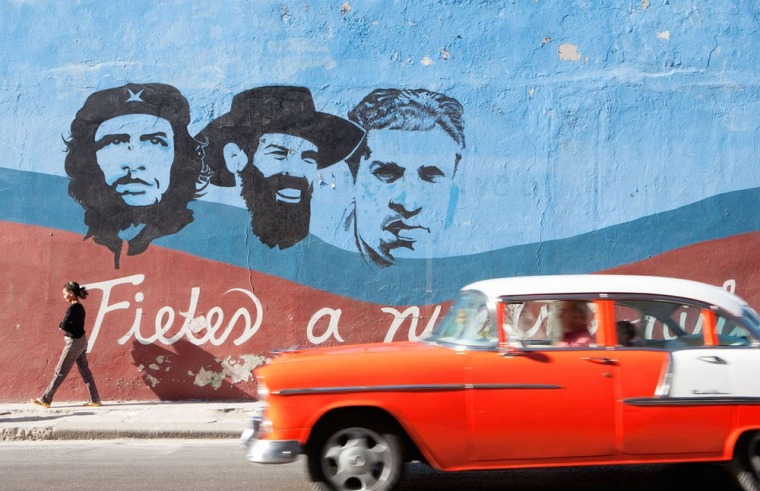Lush rainforests, 1,000-year-old Buddhist temples, a laid-back city: Myanmar holds plenty of compelling treasures within its borders. But visiting the country formerly known as Burma comes with controversy. To protest the military government’s iron-fist policies, many activists urge travelers to stay away.
And Myanmar is hardly the only destination to stir up debate. Political, economic, even ecological issues in countries around the world have spurred calls for boycotts. But these issues, which rarely come in clear shades of black and white, raise an important question: in these controversial destinations, is tourism beneficial or not?
Not everyone agrees that a holiday in Burma is a bad thing. “There was a case for discouraging tourism during the 1990s when forced labor was used to support ‘Visit Myanmar Year, 1996,’ ” says Derek Tonkin, chairman of Network Myanmar, a group dedicated to improving conditions for the Burmese people. But now, tourism “provides employment directly to some 650,000 Burmese, and indirectly to as many again ... To boycott tourism is to undermine their ability to earn a living.”
Burma is not the world’s only controversial vacation destination. Consider Cuba. The Caribbean nation 90 miles from Florida once attracted America’s highest-rolling vacationers — from Hollywood A-listers to flashy mobsters. That ended when Fidel Castro took power during the Cuban Revolution (as immortalized in the second Godfather movie). In 1963, when the U.S. government restricted travel to the Caribbean island for nearly all Americans, a new controversial vacation destination was born.
During the embargo’s nearly 50 years, untold thousands of Americans have clandestinely entered Cuba (typically via Canada or Mexico). For them, the controversy surrounding this Communist nation was trumped by the prospect of unexplored beaches, affordable hotels, and that mellow and colorful Cuban culture.
Of course, just because a destination is controversial doesn’t mean travelers should avoid it. In the case of Myanmar, travelers can bring much-needed news of the outside world. And when the vacation is over, they return home with stories of the warm, wonderful, and welcoming Burmese people — thereby helping raise awareness of their plight.
“What Myanmar needs is more, not less international exposure,” says Network Myanmar’s Tonkin. The same can be said for most controversial vacation destinations — the more travelers are aware, the more responsible they can make their trip.
